Rapid Recovery Driving Pressures and Expectations
Susan Adams—Vice President of Engagement Strategy at Next Level Performance, and Chair Elect of the IRF Board of Trustees—was recently featured in the 2023 State of the Industry for Corporate & Incentive Travel Magazine. Read her assessment below.
From a complete standstill to an explosion of demand, the incentive travel industry’s experience of 2022 served as a magnified view of the strain that was placed on workforce resources, corporate budgets, and social and travel policies at large. While industry leaders felt confident in a strong return to travel in 2022, even these predictions and confidence underestimated the rush of demand. As the market experienced this resurgence, industry-wide labor shortages, inflation, and ever-changing COVID regulations made it a challenge to operate efficiently at every turn.
2023 is shaping up to be another busy year for incentive travel, despite widespread discussion of the U.S. market potentially entering into a recession. The pressures of 2022, however, are not fully behind us. Here’s a look at a few of the factors that will shape the year:
Incentives and Recognition are Essential
The Incentive Research Foundation (IRF), FICP, and SITE have just released the 2022 Incentive Travel Index (ITII). 91% of buyers and sellers of incentives indicated that incentive travel has a more important role in building engagement and company culture with a dispersed workforce.
With an increase in remote or hybrid workplaces, and travel restrictions which have only recently been lifted in some organizations, the opportunity for face-to-face networking between employees or with customers is more important than ever. Incentive travel can facilitate sharing best practices, public recognition for a job well done, and driving home company messaging or culture.
In the ITII study, participants reported that “soft power” benefits such as a focus on culture, engagement, and relationships were of greater importance now than “hard power” benefits such as increased sales. Even in this environment, however, the study revealed that senior leaders still view incentive travel as a “profit driver” and “source of competitive advantage.”
This is consistent with the demand seen in 2023 and beyond, as incentive travel programs are accepted as essential to the health of an organization.
Labor, Onboarding and the Service Gap
In July 2020, The American Hotel & Lodging Association reported that 87% of hotels had laid off or furloughed staff. In fact, at that time, 70% of hotel employees had been laid off. A year later, a survey from the University of Central Florida showed that 30% of hospitality workers had left the industry or were planning to.
Airlines did not fare any better, laying off 90,000 workers by late 2020. Hiring and retraining in such a technical, complex sector proved challenging and the result was unprecedented numbers of canceled flights, stranded luggage, and consumer complaints.
With demand resurging, the need to recruit, hire, and onboard employees from every corner of the industry is intense. The Wall Street Journal reports that by the end of 2022, hotels will have recovered about 84% of their workforce.
But with so much hiring comes onboarding and training. It takes time for an employee to fully master their role, resulting in lagging service levels and productivity. In a recent Incentive Research Foundation (IRF) webinar focused on expectations and realities, panelists noted end user clients no longer see the labor shortage as a reason for reduced service.
Having struggled with capacity and hiring throughout 2022, the hope and expectation is that this will normalize in 2023, as new hires become more integrated into their roles, narrowing the gap between expectations and service.
Budgets
According to the recent Incentive Travel Index (ITI) study, 64% of respondents indicated that spending will be “above” or “significantly above” 2019 levels by 2024. 80% of respondents surveyed believe that future challenges faced by incentive travel professionals include rising costs and inflation. With 7.7% year to date inflation, and hotel and airline prices responding to the extreme demand and higher costs of doing business, many programs are already faced with higher costs or reduced program agendas.
It remains to be seen if inflation, or a potential recession, will cause the market to return to a more normal pace, but so far, it does not seem to have affected the pace of interest. In the same Incentive Research Foundation (IRF) webinar on expectations, a representative of an international DMC noted that demand is plateauing at a very high level and all agreed.
Participant Preferences
The IRF’s recent Incentive Travel Destination Preferences study noted that 91% of participants rated incentive travel as “extremely” or “very motivating.”
After months of lockdowns and travel restrictions, the most important things to survey participants were time to relax during the program, ability to take a friend or spouse, luxurious accommodations and experiences, and spending money to cover extra costs. In 2023 we can expect that program guests who are faced with exceptional inflation at home may particularly appreciate all-inclusives or programs where the changes for out-of-pocket expenses are reduced.
As always, beaches and sunshine led the way in terms of destination preferences, but in a post-pandemic world, wellness, cruises and a return to cities moved up in the ranks.
As the industry recovers from the many challenges of the last years, the focus in 2023 can and should return to delivering on the promise of the experience for participants, while driving business results for organizations. The current resurgence in travel demand serves as a reminder of the one constant that research proves year after year: business gets better when people get together. And group travel will remain as strong as the need to catapult business forward.
Sources:
ITII
ALHA
University of Central Florida
Wall Street Journal
Destination preferences



